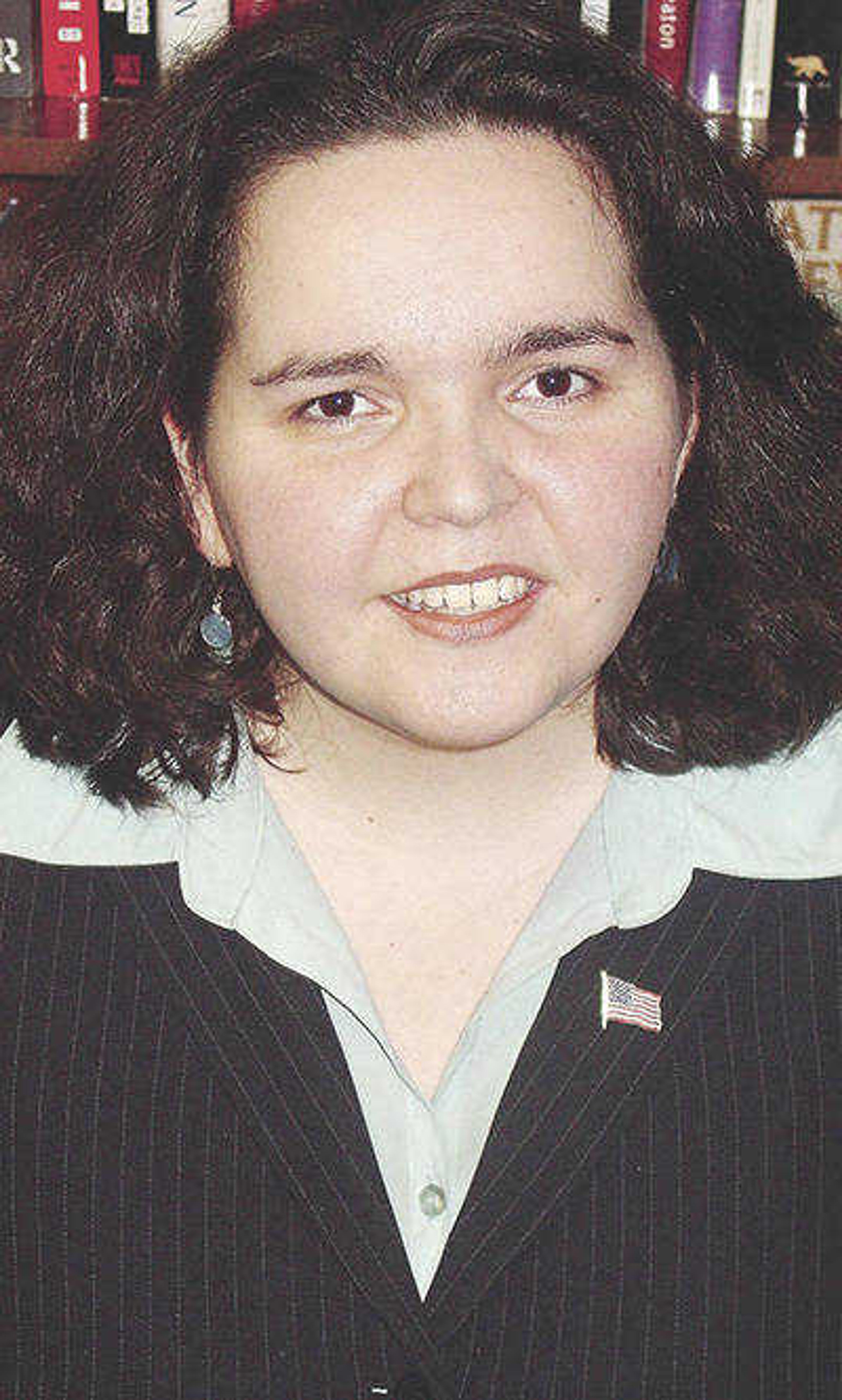Ohio at a crossroads
COLUMBUS, OHIO "The unborn are the poorest of the poor," Jeanne Mancini emphasized in front of the statehouse here. Mancini is the president of the March for Life. For a half-century the March for Life has been a frigid annual January event in Washington., D.C., marking the Supreme Court decision, Roe vs. Wade, that made abortion federally legal...
COLUMBUS, OHIO
"The unborn are the poorest of the poor," Jeanne Mancini emphasized in front of the statehouse here. Mancini is the president of the March for Life. For a half-century the March for Life has been a frigid annual January event in Washington., D.C., marking the Supreme Court decision, Roe vs. Wade, that made abortion federally legal.
Abortion is still a national issue. But after Roe, there are also now 50 states of debate. And with a proposed abortion amendment on the Ohio ballot this November, the sense of urgency among pro-lifers is palpable.
The second annual Ohio March for Life Day began in prayer with a standing-room-only Mass at St. Joseph's Cathedral, just a few blocks from the statehouse. In her remarks after, Mancini made clear that the pro-life movement represents more than religious people and more than Republicans. The uniting factor, she said, is: "Every life is a gift. And every life has inherent human dignity from the moment of conception."
And while there were plenty of obvious Catholics in the crowd, there were also people who identified as Democrats and LGBTQ.
Ohio is at "a cultural crossroads," Mancini said. "It has been said that a society can be judged by how it treats its most vulnerable." There is a sense here that should Ohio make abortion legal, the state will be contributing to a domino-effect reaction against the decision to overturn Roe. While clearly focused on educating Ohio voters about the ballot measure, the rally also had the same flavor of the D.C. March for Life. I saw young women who want their contemporaries to know they will be accompanied in trying circumstances, grandmothers who know the challenges of family life and will not leave the younger generation to face them alone, and men who respect women enough to take responsibility for their actions.
Ohio Lt. Gov. Jon Husted appeared with his wife, Tina. Husted began life in the foster-care system. He didn't know the circumstances of his birth until he was in his 30s. His birth mother had lost her husband in the Vietnam War, and, already a single mother, could not afford to support another child. She did an amazingly courageous thing and had the baby -- Husted -- anyway. The inherent dignity of human life needs to be a rallying point beyond abortion. Adoption today is hyper-politicized, as is foster care. We owe children more than that. And testimonies like Husted's are a reminder that there is more to life than politics, even among politicians.
It remains to be seen which way Ohio will go. But the best spokeswomen for why the state should stand against the voices for abortion expansion may be the likes of Aisha Taylor, author of "Navigating the Impossible: A Survival Guide for Single Moms from Pregnancy through the First Year of Motherhood." Seeing her unexpected twin babies on an ultrasound, the prospect of abortion was "emotionally tormenting." While struggling with what to do, she heard a sermon that cautioned: "Never make a permanent decision in temporary circumstances." Not only did she get beyond that moment of seeming devastation, she now helps other women in similar circumstances see the hope on the other side of an unplanned pregnancy.
The post-Roe media landscape is inundating people with fear and lies -- don't go radical in the frenzy. The nation is watching.
klopez@nationalreview.com
Connect with the Southeast Missourian Newsroom:
For corrections to this story or other insights for the editor, click here. To submit a letter to the editor, click here. To learn about the Southeast Missourian’s AI Policy, click here.










